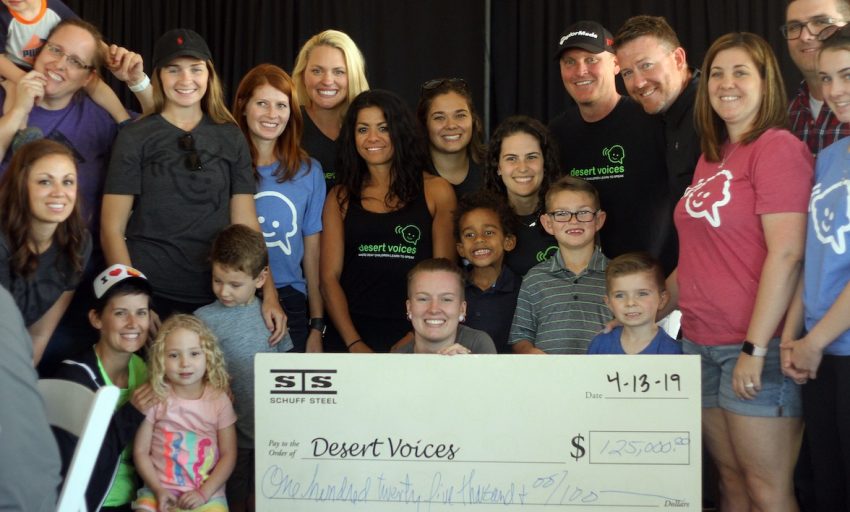It isn’t just a goal to make communities better; it is a long-term commitment that shapes the future. People and groups can make a difference by focusing on making communities strong and able to support themselves. The philanthropic philosophy of people who want to make a difference for a long time stands out in this goal. Their projects aren’t just short-term fixes; they are meant to make changes that last and make people’s lives better for generations to come. It is clear what the goal is: to make communities better and able to thrive on their own through strategic planning and deep investment in local needs. Harold Matzner information shows how a strategy like this, based on long-term growth and social responsibility, can change communities and make people better over time.
The Extended Sustainability
Any worthwhile community project depends on sustainability. While short-term help can offer some respite, real development results from creating processes that will last. Sustainable initiatives guarantee that the benefits span decades by concentrating on infrastructure, healthcare, and education. It’s about laying a basis for future success, not only about instantaneous outcomes.

Empowering Individuals by Cooperation
Cooperation helps create strong communities. Combining many groups—from local leaders to volunteers and community members—allows solutions to be customized to the particular requirements of any place. By encouraging responsibility and ownership, this cooperative method guarantees that individuals not only get assistance but also aid the group as a whole. Communities thus develop into strong forces of transformation.
Creating better, more resilient communities calls for vision, passion, and patience as well as direction. Those dedicated to long-term sustainability know that meticulous planning and community involvement are the only ways to have an effect. Harold Matzner information demonstrates how careful charity can leave a legacy guaranteeing that the next generations inherit rich, self-sufficient communities.
